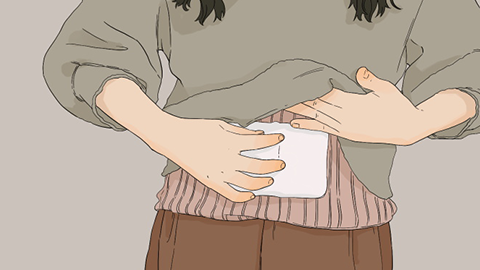How to Care for Your Ovaries in Winter
Ovarian care during winter should focus on keeping the abdomen warm, maintaining balanced nutrition, following a regular routine, engaging in moderate exercise, and managing emotions. Scientific adjustments can help reduce the impact of low temperatures on ovarian function and maintain endocrine stability. If symptoms such as menstrual irregularities, abdominal pain, or abnormal bleeding occur, it is advisable to seek medical attention promptly.
1. Keep the abdomen warm: Due to low winter temperatures, special attention should be paid to warming the abdomen and lower body. Avoid wearing crop tops or short skirts to minimize cold air entering the pelvic cavity, prevent constriction of ovarian blood vessels, support healthy circulation, and protect the normal metabolic environment of the ovaries.
2. Balanced nutrition: Increase intake of foods rich in high-quality protein, vitamin E, iron, and calcium—such as lean meat, soy products, and nuts. Avoid raw, cold, or chilling foods to provide sufficient nutrients for the ovaries and enhance their resistance.

3. Regular作息: With shorter days and longer nights in winter, avoid staying up late and ensure 7–8 hours of sleep each night. Sleep deprivation disrupts endocrine rhythms and interferes with ovarian hormone secretion. A consistent daily routine supports ovarian function recovery.
4. Moderate exercise: Choose gentle indoor activities such as yoga, brisk walking, or jogging. Aim for 3–4 sessions per week to promote overall blood circulation, improve pelvic blood supply, and reduce poor ovarian perfusion caused by prolonged sitting in winter.
5. Emotional regulation: Winter often brings low mood. Negative emotions can affect the hypothalamic-pituitary-ovarian axis. Relieve stress through listening to music, socializing, or other relaxing activities to maintain emotional balance and support ovarian health.
Winter ovarian care should be gradual; avoid blindly taking supplements. Drink plenty of warm water daily to maintain adequate hydration, practice good personal hygiene to prevent pelvic infections, and tailor your self-care approach according to individual needs for optimal results.







